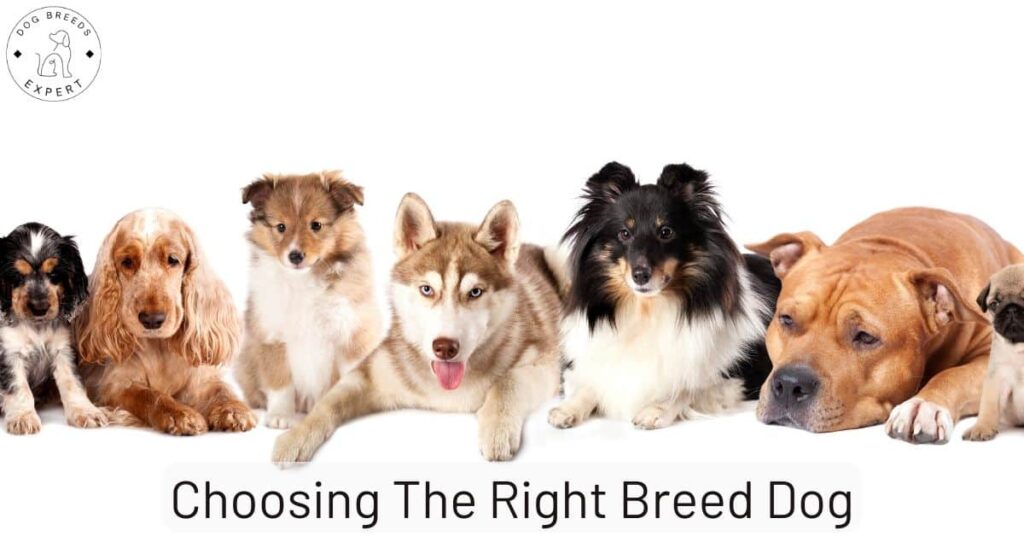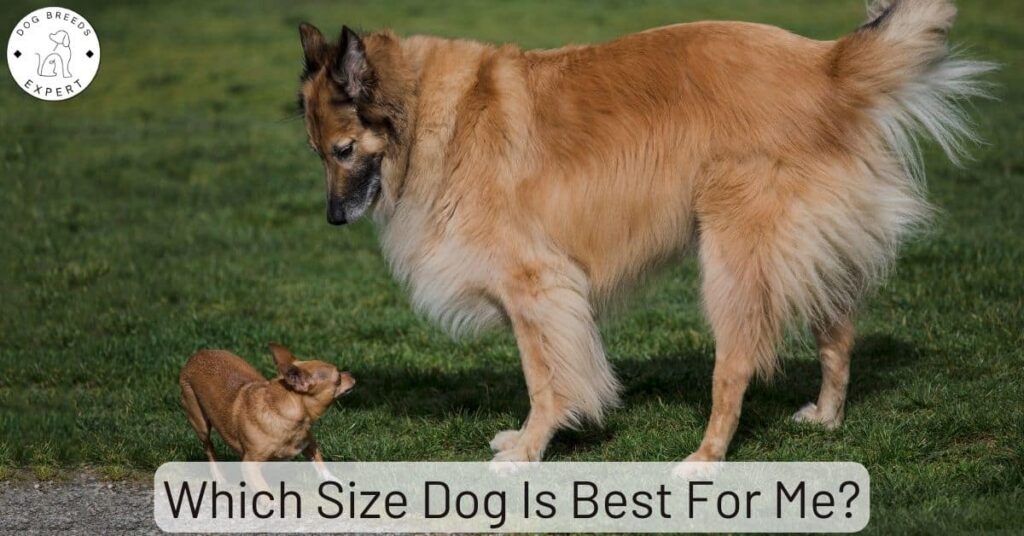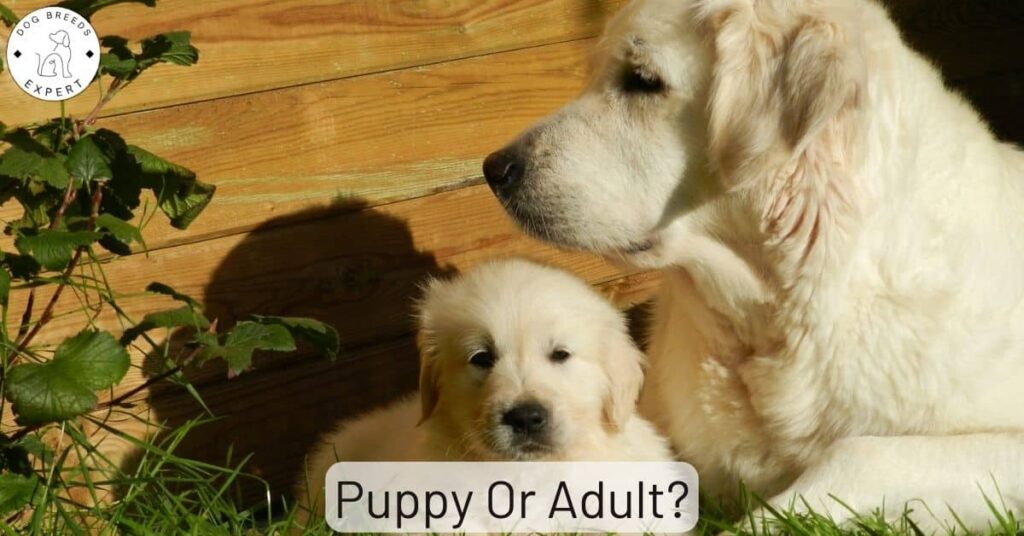Choosing the right breed dog isn’t always easy.
Whether this is your first or your 21st dog, bringing a new puppy or adult dog into your life is a major decision and one in which needs much thought and planning.
We are often blind-sided in the presence of a litter of friendly exuberant puppies jumping on us, licking our faces. This is often the time when we make hasty decisions. “Impulse buys” can haunt us for the next 15 years.
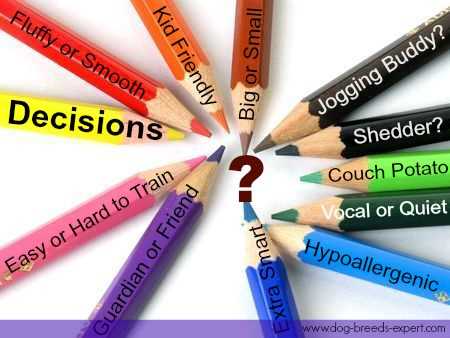
Many of the dogs who find themselves in shelters or rescue organizations are not there because they have some fatal flaw—most find themselves in this unfortunate situation because their owners did not do their homework before acquiring the dog.
- According to the ASPCA, “Approximately 7.6 million companion animals enter animal shelters nationwide every year. Of those, approximately 3.9 million are dogs and 3.4 million are cats.”
- Of the dogs entering shelters, approximately 35% are adopted, 31% are euthanized and 26% of dogs who came in as strays are returned to their owner.
There are some simple steps you can take to make sure that your next best four-legged friend is perfect for you. The good news is that the planning and thought processes don’t take much time or effort on your part.
The bad news is that choosing the right breed dog does require a little soul searching – something that not everyone is ready to do.
It is really a matter of two separate steps:
- Learning about yourself and your needs and wants.
- Learning about dog breeds and what you can expect.
When choosing the right breed dog, many people will do one or the other but not both. The happiest dog owners are those that know what they want and then search out all the options. So, if you are ready to begin the journey to find the best dog, let me be your guide.
Now, I’ve already told you that there were only two steps and there are, however, it is really not as easy as that. Once you have found your perfect breed, you must then decide on the perfect puppy or adult dog.
You may get lucky and find the perfect puppy the first time you search. More likely, though, you may search for a long time to find that right puppy. I am going to walk you through the steps.
Are you ready?
Let’s Go…
Choosing the Right Breed Dog: Know Thyself
Now, you might already think you know the answer to this one.
- I want a dog just like the one I had as a kid.
- I want a dog that will be friendly to all my children.
- I want a small fluffy dog that will follow me everywhere.
- I want a dog that won’t easily tire when I hike or camp.
- I need some protection, but I don’t want a smelly dog.
Well, the list goes on and on. Everyone wants a dog that will be best suited for their lifestyle. The good news is that there are so many breeds to choose from that you can find the right one for you. The bad news is there are no guarantees. If you have too many wants or have unreasonable expectations, the search is going to be harder for you.
Most people have a good idea what appeals to them in a dog. They may want a small dog, an active breed, one with a smooth coat that requires little grooming or maybe they want a playful breed that is fun to train.
Choosing a breed because it is fluffy, popular, rare, expensive, cheap or just plain cute as a puppy, is unwise. All puppies are cute!
Nostalgic people often choose a particular breed because that was the dog of their childhood. Your childhood companion that followed you everywhere may not be as appealing once you are entirely responsible for their well-being as an adult.
Choosing the Right Breed Dog:
Questions to Ask Yourself
Why Do You Want a Dog?
The reason you want a dog dictates the type of breed that would work best for you. Breeds have been developed over hundreds of years to fulfill a purpose and these traits remain with the dog today, even though all we want is a companion.
Even those that were bred to do a particular job make excellent pets as long as they are provided enough exercise and stimulation.
If you expect a dog to watch over and be a playmate for your children as Nana did in Peter Pan, you’re in for a real disappointment. Kids and dogs are often meant for each other but it takes much effort and time on the part of the adult to train and supervise all interactions.
People who live in certain areas might feel a little safer with a dog who can watch for strangers or guard their property. Again, some breeds do this better than others but be cautioned about choosing a guard dog who is also likely to become a household pet.
Have you ever owned a dog before?
I’m not talking about the dog you grew up with or the one you had 30 years ago. This is a very reasonable question because if you are not an experienced dog owner you will want to choose a breed that is easy to manage.
Some kinds of dogs are challenging and should only be owned by experienced dog owners. Others make perfect pets even for the most inexperienced among us. Some breeds are just not as difficult to train than others.
If you have no experience at all with dogs, it is easy to get an overly romantic image of dog ownership.
Dogs are everywhere from lovable puppies just being themselves in videos to remarkable adults capable of performing incredible tasks.
- Dog actors doing amusing tricks,
- Real life dogs saving and enriching people’s lives,
- Skilled and exceptionally well-trained dogs that help people in many ways.
All of these highly trained dogs were puppies once that underwent countless hours of training and conditioning.
Puppies are just like young children in that they need plenty of time to learn and master the basics. Even if you think you are adopting or purchasing a ready-made dog, the chances are good that you will still need plenty of time to retrain the dog to meet your own needs.
Do You Live Alone?
Your living arrangements will play a major part in the type of dog you should get. If you live alone, the choice is entirely yours, but if you think you might eventually live with someone else, you should take that into consideration. Remember dogs can live 10-15 years and much can happen during that time.
If you have children or assume that children are in your future, then finding a breed that fits into a family with young children is essential. Some breeds do better with children than others. Ideally, you’ll find a breed that is kid friendly and one that loves everyone in the family.
But wait, how old is your child? A busy, inquisitive toddler is not going to treat a dog the same way as a 10-year-old. Choosing a breed that will work with the ages of your children is crucial. Many dog breeds do fine with older children. Some dog breeders will not even sell their tiny puppies to families with young children.
Do You Have Other Pets in the Household?
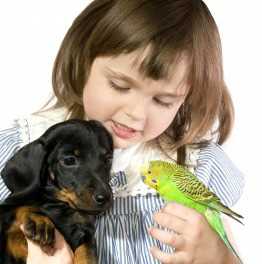
This makes a big difference in which breed you will choose. Some breeds do very well with other dogs and some do not.
Some look at small pets as if they were prey. Then, some breeds love all pets – dogs, cats, or even little pocket pets. If your house is filled with many different animals, consider a dog that will live peacefully with all of them.
Choosing the right breed dog means finding one that is compatible with other pets.
Any Allergies to Pet Dander in your Household?
There is no such thing as a truly hypoallergenic dog, but there are some breeds that come close. If allergies is a problem for you or a member of your family, consider one of these hypoallergenic breeds.
Along the same lines, dogs that do not shed work out better for allergy sufferers. People are allergic to the dander or dead skin cells that dogs create rather than the hair. With that said, a heavy shedder can still be difficult to manage if you have allergies.
Dogs that shed can be a problem for the neat freak too. But remember, a vacuum cleaner overall is cheaper than monthly visits to the dog groomers.
Read more about Hypoallergenic Dog Breeds
What Type of Home do You Have?
(Apartment, Condo, Tiny House, Large Home?)
Many breeds including large breeds do very well in apartments. Consider the English Bulldog, for example, they are quiet and spend much of their time sleeping so even though they may be big, they would love apartment living because they are not nuisance barkers and they spend most of their alone time sleeping.
Some breeds just do better in apartments than others regardless of size. Some dogs are so active that confining them to an apartment might be considered cruel and unusual punishment.
Noisy breeds—those that enjoy vocalizing all the time make poor apartment dogs. Those that need much exercise may be better off in a country setting.
What is Your Energy Level?
Are you one of those people who can’t sit still? Are you always on the go, engaging in one activity after another? Or, is your lifestyle more sedentary, filled with TV, smart phones, music and hot cocoa in front of the fire?
Some breeds need an active owner just to manage their energy and activity level. Consider the needs of the dog before picking one that is very demanding.
Large dogs can be very robust and powerful — and too strong for some owners.
Small dogs may be more manageable, but don’t assume they have less energy. Some tiny breeds are just as active if not more so than giant breed dogs.
Choosing the right breed dog means finding a dog with compatible energy levels.
What is your current financial situation?

If money is no object, then the sky may be the limit. But if you are on a tight budget, you will need to consider what it costs to own a dog in today’s world. Some breeds are cheaper and cost less over the course of a lifetime. Others are very expensive.
The rarer the breed, the more expensive it is going to be. The larger the breed, the more expensive it will be to maintain.
The harder it is to produce a puppy, the more expensive the puppies will be. (If the breeding cannot take place naturally, artificial insemination will be required. If the mother cannot whelp naturally, a C-section will be needed.
Anything that adds to the cost of the puppy will be passed to the puppy buyer.
Choosing the right breed dog means finding one that fits comfortably into your budget.
Choosing the Right Breed Dog
How much free time do you have to devote to a dog?
Dogs have needs for grooming, exercise, training, and health care. If your time is severely limited, you have the choice of hiring someone else to care for your dog, or choosing a breed that requires minimal grooming and exercise and is easy to train.
How much time are you willing to devote to the care and training of your dog?
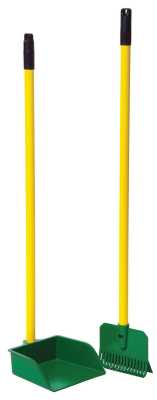
This is related to the last question but looks at time from a different perspective. You might have all the time in the world, but what are you willing to spend your free time on? Owning a dog does require some work. How you view each task will depend on whether you see it as work or a fun hobby.
Grooming a dog can be viewed on a continuum from quick and easy to extensive and complicated. Dogs fall somewhere on this scale depending on the type of hair they have such as wiry, curly, corded, long and silky, short, dense, double coated, medium length, or no hair at all.
How much time do you want to devote to grooming your dog? Is a once a week 5 minute groom all you want to tackle, or would you be interested in investing 30 or more minutes per day. Long haired dogs take much more time than short haired dogs. Some breeds are quick and easy while others require professional grooming every 8 weeks.
Training: All puppies need the training to teach manners, housebreaking, and basic commands. They all require a certain amount of socialization. But, some breeds are more challenging and require more time, more repetitions, and more patience than others.
Think about how much time you have available and how much you can reasonably expect to invest in a dog. Those that look at training as a challenging fun activity may choose a dog that others might find unmanageable.
Exercise: Whether it is a long walk around the neighborhood, or a romp in the yard, all dogs need exercise. Some need more than others. The more active breeds will require that more of your time is devoted to meeting their exercise needs.
Feeding: The act of feeding your dog should not take much time, but if you also make your own dog food, you will need to add that additional time to the equation.
Health Care: Keeping up with vet appointments and giving medications as needed is all part of owning a dog. Don’t forget to add that time element into your overall care.
Clean Up: Don’t underestimate the time you will devote to cleaning up after your pet.
Choosing the right breed dog means picking one that will fit into your schedule.
How much time will the dog be alone during the day?
Some breeds are more independent than others and can do well by themselves for longer periods of time. Others are needy, clingy and require the attention and company of people or other dogs to keep them happy.
A dog that thrives by following you around all day will not do well in an empty house waiting for you to return after 10 hours of work. .
There are ways of getting around this by hiring someone to break up the monotony while you work. (dog daycare, dog walkers, dog nannies). You can also plan to spend your lunch hour with your dog if that is an option
If none of these solutions work for you, then choosing a dog that is more independent will make both of you feel much better.
If your future dog will be spending much time home alone, you will want to find a breed that is not overly susceptible to separation anxiety.
How would you rate your physical strength?

This may seem like a silly question, but if you have your heart set on a giant breed dog that weighs more than you, physical strength and endurance are characteristics you must have.
Giant breeds might be calm when they reach adulthood, but consider the first two years of their lives while they are still rambunctious puppies.
A 10-pound animal might seem easy, but by the time that 10-pound pup reaches adulthood, he could be weighing in at 100 pounds or more.
If the situation arose, could you pick him up and transport him to an emergency veterinarian? Will you be able to control him as he learns to walk nicely on a leash?
Choosing the right breed dog means selecting one that you can physically manage.
How particular are you about your home interior?
Most people fall on an environmental cleanliness continuum from fastidious and obsessive to lackadaisical. Heavy shedders and constant droolers might push a picky person over the edge.
Knowing what you can and cannot tolerate will narrow your choices and make the decision much easier. Choose the right breed dog means find one that you can comfortably live with.
How well do you enjoy a challenge?
When confronted with a problem, how do you react? Do you get discouraged and ask “why me?”
Or, do you see the problem as a challenge to be solved. Highly intelligent breeds can be stimulating in the hands of someone that likes a challenge.
But if the dog outsmarts you at every chance he can, then the trial becomes drudgery. Everyone wants a smart dog, and anyone you ask will tell you that their dog is the smartest dog in the world.
Smart dogs can be challenging because they are always one step ahead of you. Be careful of what you wish for!
Read more about the Smartest Dog Breeds
How much does the dog’s appearance play into
your view of the ideal dog?
There are no other species on earth that comes in so many shapes, colors, textures, and sizes. Do you like dogs with flat faces? With long pointed noses?
Does the idea of droopy ears appeal to you, or would you prefer a dog with erect ears? What about size? Extra small, Small, Medium, Large, Extra Large?
Color? Some breeds only come in one color such as the Maltese, which is primarily white. Other breeds come in a rainbow of colors? Do you have a favorite?
The hair texture is also important to take into consideration. Short smooth coated dogs are easy to manage. Long thick silky coats feel luxurious, but take much work. Corded coat dogs may look unique and different, but just how long does it take to bathe all those cords?
Choosing the right breed dog means selecting the one that appeals to you.
What type of climate do you live in?

Seasonal,
Warmer most of the year,
Cooler year round, or
Moderate?
Some breeds do better in colder climates while others enjoy the warmth. Most dog breeds if kept indoors most of the time will tolerate a broad range of temperature fluctuations. If you want a dog with a heavy double coat and live in the tropics, you will need to make arrangements to keep your dog cool.
Choosing the right breed dog means knowing your dog’s temperature tolerances
Now that you have asked yourself some important questions, the next step is to match your needs and wants to a breed that will best fulfill your dreams.

